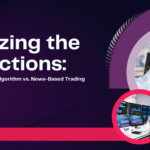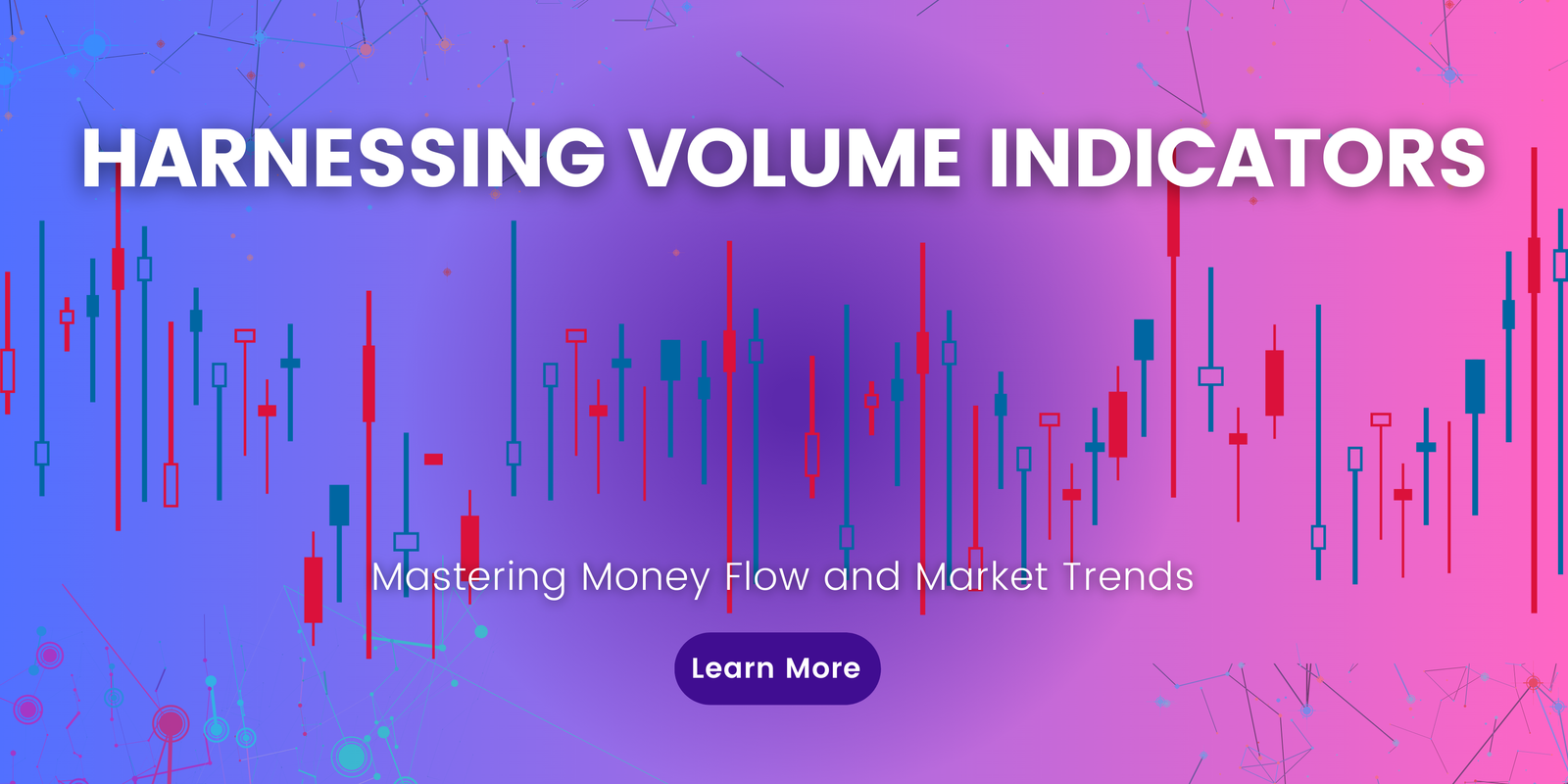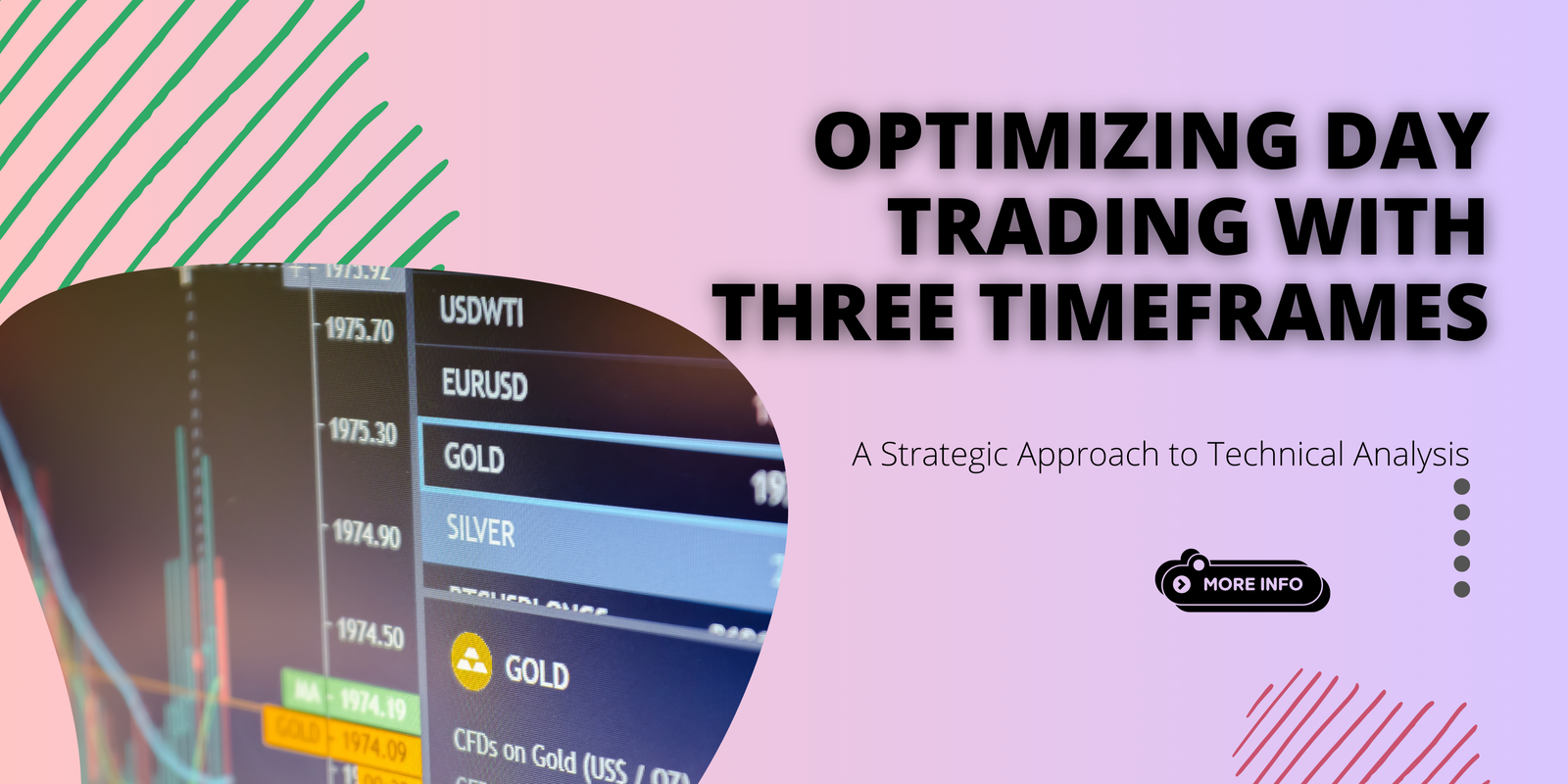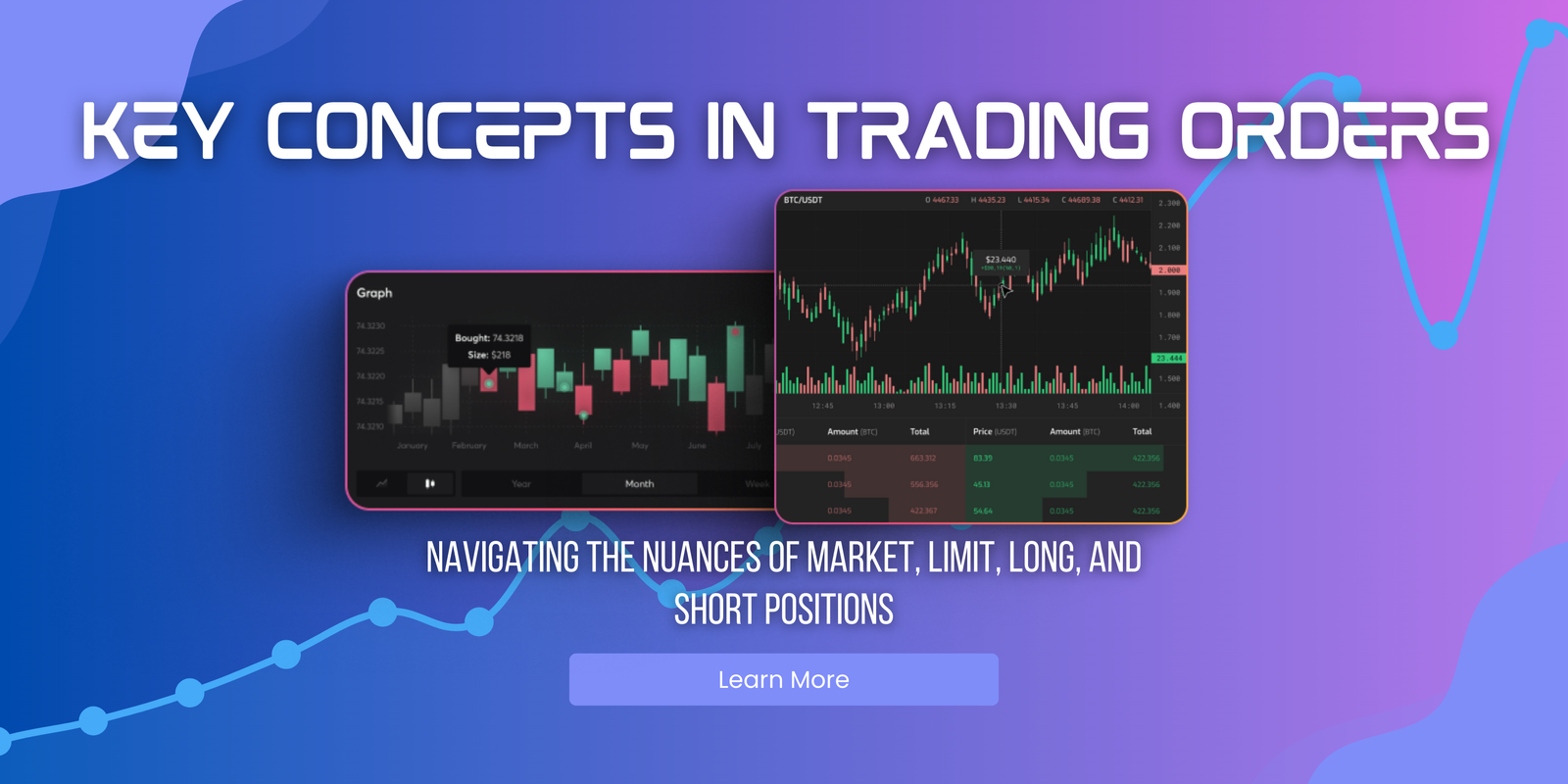The convergence of artificial intelligence (AI) and trading has been gaining significant momentum, unleashing a new era of highly efficient and automated trading systems. As AI continues to mature and its adoption expands, the trading dynamics of financial markets are poised to undergo a seismic shift in the coming years. In this blog post, we …
How To Maximize Your Crypto Trading Potential Using AI
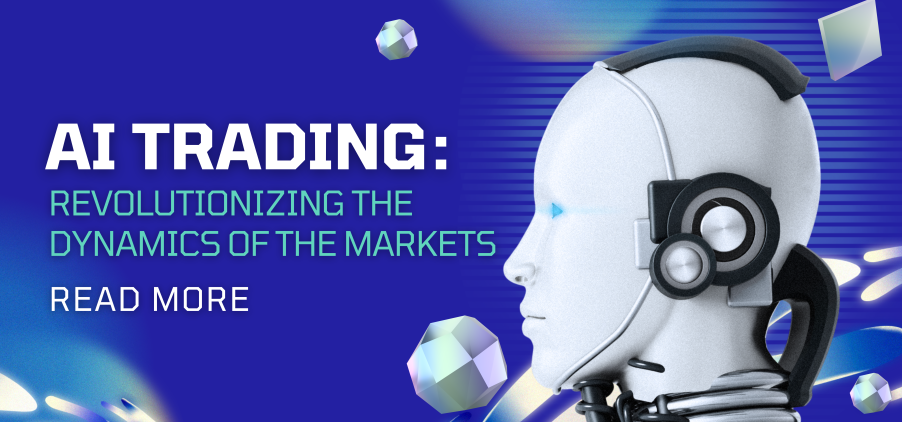
The convergence of artificial intelligence (AI) and trading has been gaining significant momentum, unleashing a new era of highly efficient and automated trading systems. As AI continues to mature and its adoption expands, the trading dynamics of financial markets are poised to undergo a seismic shift in the coming years. In this blog post, we will explore how AI trading is reshaping trading dynamics and revolutionizing the way markets operate.
Enhanced Decision-Making Capabilities: AI trading systems, powered by advanced algorithms and machine learning techniques, possess unparalleled decision-making capabilities. Unlike human trading, which is subject to emotion and biases, AI trading operates in a systematic and logical manner, analyzing large volumes of data within milliseconds. This ability to process vast amounts of information enables AI systems to identify patterns, trends, and anomalies that human traders may overlook. Consequently, AI trading enhances market efficiency by quickly reacting to changing market conditions and making optimal trading decisions.
Increased Speed and Efficiency: Speed has always been a crucial element in trading success. With AI trading, the speed of execution is taken to new heights. AI algorithms can analyze massive datasets in real-time, thereby minimizing latency and providing lightning-fast responses. Consequently, AI trading significantly reduces order execution time, enabling traders to capitalize on market opportunities that may arise quickly, boosting profitability. The increased speed and efficiency brought forth by AI trading systems are likely to create a more fluid and dynamic trading environment.
Reduced Human Bias: One of the primary challenges faced by human traders is overcoming inherent biases that can impact decision-making. Emotions such as fear, greed, and overconfidence can cloud judgment and lead to suboptimal trading decisions. AI trading eliminates these biases, making trading decisions purely based on data-driven analysis. The removal of human bias not only enhances the accuracy of decision-making but also helps to mitigate the psychological stresses associated with trading. Consequently, AI trading leads to more rational, consistent, and reliable trading outcomes.
Improved Risk Management: Effective risk management is a critical aspect of successful trading. AI trading systems are equipped with sophisticated risk management capabilities, analyzing multiple indicators simultaneously to assess risk levels accurately. By analyzing historical data, market trends, and potential risk factors, AI systems can proactively identify and address potential risks, leading to improved risk management. This enhanced risk management capability can help stabilize the markets and reduce the occurrences of large-scale market disruptions.
Market Impact: The widespread adoption of AI trading is expected to have profound implications for market dynamics. As more trading activities are automated and evolve into a complex web of interconnected AI systems, we may witness a decrease in market volatility. The increased speed and efficiency of AI trading systems also have the potential to narrow bid-ask spreads and promote market liquidity. However, the increased role of AI may also present challenges, such as the potential for algorithmic trading wars and the need for robust regulatory oversight to prevent market manipulation.
AI trading is transforming the dynamics of financial markets, revolutionizing the way trading is conducted. With its unmatched decision-making abilities, speed, and reduced human biases, AI trading brings forth enhanced market efficiency, reduced risk, and improved trading outcomes. However, as the influence of AI grows, market participants must navigate the challenges associated with algorithmic trading’s potential negative consequences. Overall, AI trading holds the promise of creating a more efficient, transparent, and resilient market ecosystem in the coming years.


